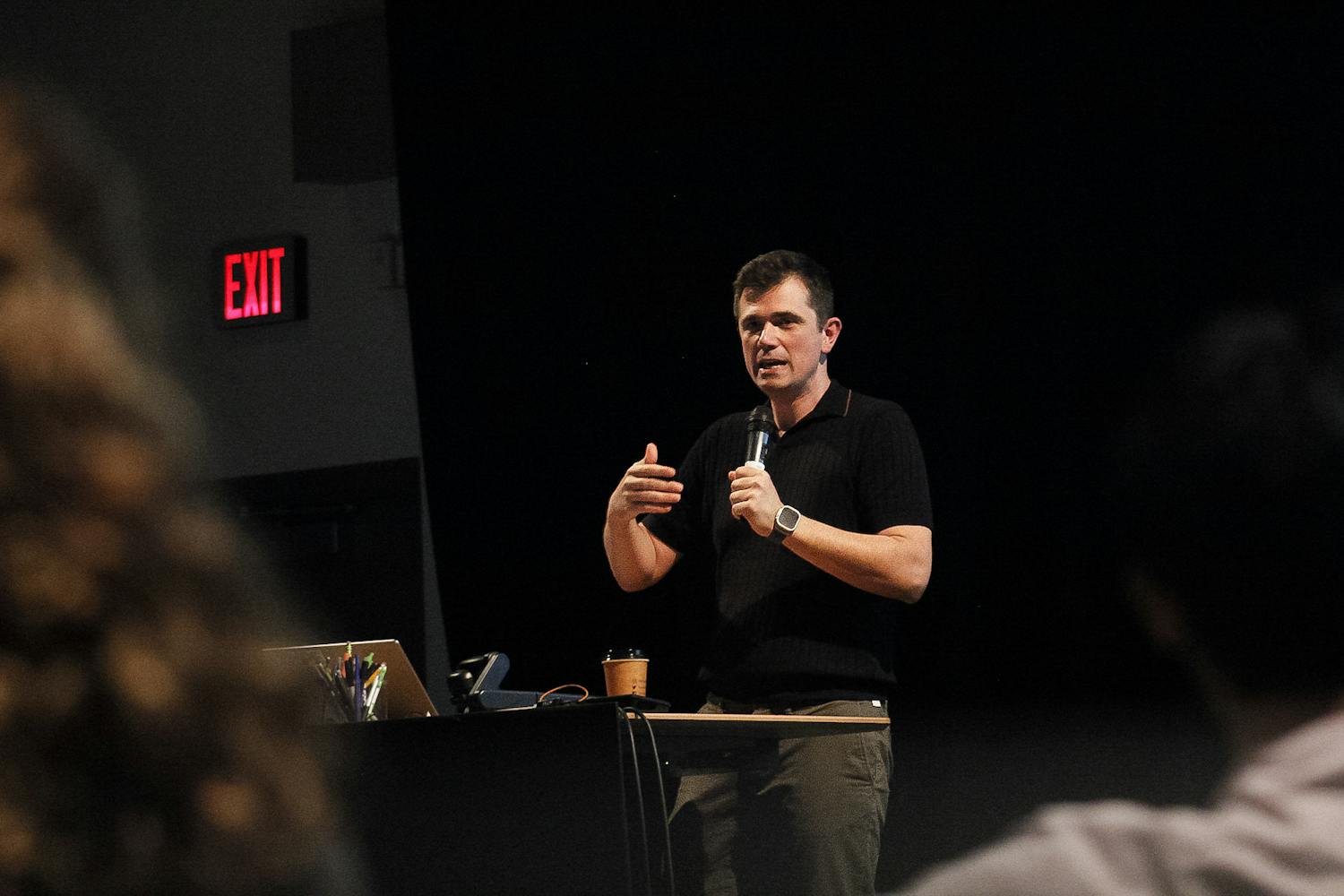Google’s chief economist, Hal Varian, caused a buzz in an interview with the Economist where he cited, approvingly, a recent study by a University of Michigan researcher where two teams of volunteers had to find the answers to the same set of questions.
One used the library’s resources and finished in 22 minutes. The other used Google and finished in seven.
This, according to Varian, is good because it frees us to ask questions like “What is Jennifer Aniston having for breakfast?”
Nicolas Carr, author of the famous Atlantic piece “Is Google Making Us Stupid?” naturally responded, claiming that this narrow view of thought values sheer quantity of inquiry over quality. In his view, efficiency is not all.
Are we asking questions we don’t need to ask? Have we turned into shallow dilettantes, scrabbling at the surface of a deep repository of ideas, bouncing noisily from thought to thought?
These are possibilities that should give even the most educated among us pause. Our generation thinks differently than those previous, and this will probably change culture in ways we can’t yet predict.
We can, however, begin to extrapolate a few truths about how technology affects the way we think now from the thinking and writing happening online.
First, this is a great time to be curious. The broadening of knowledge that the Internet makes possible is an exceptional thing. Features like Metafilter’s AskMeFi, OpenCulture.com, TED’s online presentations, YouTube clips of nearly every great classical composition and the many collections of literature online make the cost of intense literacy almost zero.
We can now be as educated as we want. But, as Carr’s work suggests, we spend more time splashing in the shallows of knowledge than truly immersing ourselves in it.
This tendency is reminiscent of the well-documented Netflix effect, where people tend to add critically acclaimed films and documentaries to their queues, only to pass them over again and again for unchallenging comedies.
With the vast amount of knowledge available instantly, it’s perhaps easier to leave the heavy slogging for later.
Second, we spend a great deal of time trying to understand ourselves. Another Atlantic article, this one by Brian Christian, chronicles the author’s participation in the annual Turing Test of artificial intelligence, and the difficult questions of human uniqueness that a close acquaintance with the capabilities of computers produces.
For Christian, what makes humans unique is a hard thing to grasp. Adaptivity, the ability to innovate and the ability to make connections between seemingly unrelated ideas and facts are part of the answer.
David Brooks’ forthcoming book “The Social Animal” tackles some of the same questions, and decides that a true sign of human uniqueness is our propensity for happiness in community.
But as Will Wilkinson writes in a discursive discussion of Brooks’ thesis for Forbes.com, even this deep-seated desire for social interaction has its limits.
As Wilkinson wisely points out, it’s just as true to say we’re the only social animals that sometimes want to be left alone.
Perhaps we only ask these questions of thought and individuality because we have so much time, now, to do so.
Or perhaps they are old questions that we should strive to answer as generations before us did — by using every tool at our disposal. Even if one of them is Google.
Reach Will at wmunsil@asu.edu



